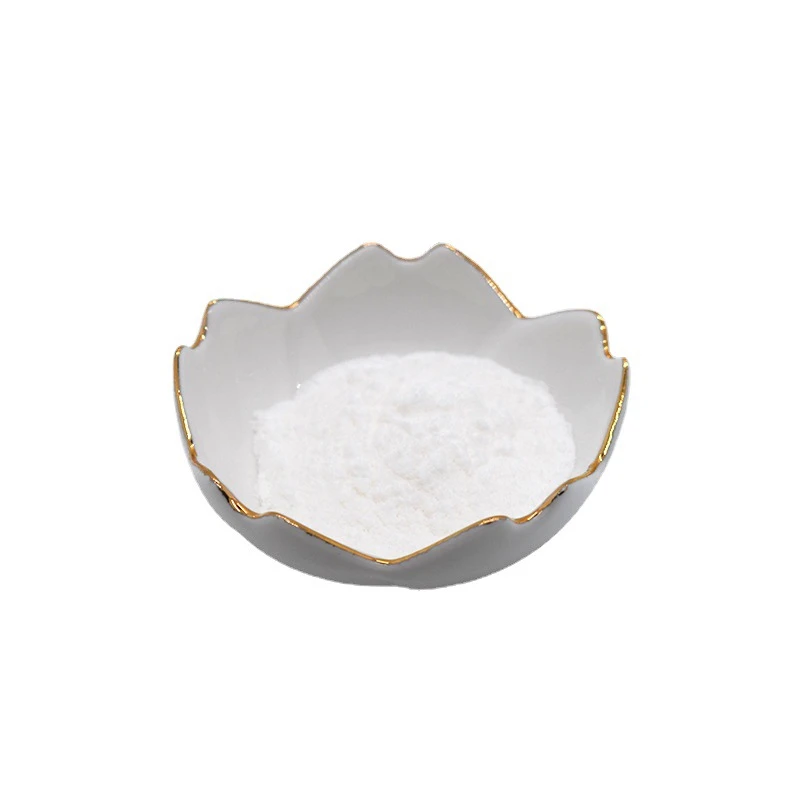Warning: Undefined array key "title" in /home/www/wwwroot/HTML/www.exportstart.com/wp-content/themes/1198/header.php on line 6
Warning: Undefined array key "file" in /home/www/wwwroot/HTML/www.exportstart.com/wp-content/themes/1198/header.php on line 7
Warning: Undefined array key "title" in /home/www/wwwroot/HTML/www.exportstart.com/wp-content/themes/1198/header.php on line 7
Warning: Undefined array key "title" in /home/www/wwwroot/HTML/www.exportstart.com/wp-content/themes/1198/header.php on line 7
- Afrikaans
- Albanian
- Amharic
- Arabic
- Armenian
- Azerbaijani
- Basque
- Belarusian
- Bengali
- Bosnian
- Bulgarian
- Catalan
- Cebuano
- China
- China (Taiwan)
- Corsican
- Croatian
- Czech
- Danish
- Dutch
- English
- Esperanto
- Estonian
- Finnish
- French
- Frisian
- Galician
- Georgian
- German
- Greek
- Gujarati
- Haitian Creole
- hausa
- hawaiian
- Hebrew
- Hindi
- Miao
- Hungarian
- Icelandic
- igbo
- Indonesian
- irish
- Italian
- Japanese
- Javanese
- Kannada
- kazakh
- Khmer
- Rwandese
- Korean
- Kurdish
- Kyrgyz
- Lao
- Latin
- Latvian
- Lithuanian
- Luxembourgish
- Macedonian
- Malgashi
- Malay
- Malayalam
- Maltese
- Maori
- Marathi
- Mongolian
- Myanmar
- Nepali
- Norwegian
- Norwegian
- Occitan
- Pashto
- Persian
- Polish
- Portuguese
- Punjabi
- Romanian
- Russian
- Samoan
- Scottish Gaelic
- Serbian
- Sesotho
- Shona
- Sindhi
- Sinhala
- Slovak
- Slovenian
- Somali
- Spanish
- Sundanese
- Swahili
- Swedish
- Tagalog
- Tajik
- Tamil
- Tatar
- Telugu
- Thai
- Turkish
- Turkmen
- Ukrainian
- Urdu
- Uighur
- Uzbek
- Vietnamese
- Welsh
- Bantu
- Yiddish
- Yoruba
- Zulu
Dec . 26, 2024 10:42 Back to list
Propylene glycol antifreeze solutions for enhanced vehicle protection and performance during winter.
Propylene Glycol-Based Antifreeze A Versatile Solution for Modern Cooling Systems
Antifreeze plays a crucial role in maintaining the efficiency and longevity of various cooling systems, from automobiles to industrial machinery. Among the various types of antifreeze available in the market, propylene glycol-based antifreeze has gained significant popularity due to its unique properties and safety profile. In this article, we will explore the characteristics of propylene glycol, its applications, and its advantages in various cooling systems.
What is Propylene Glycol?
Propylene glycol (PG) is a synthetic organic compound with the chemical formula C3H8O2. It is a colorless, odorless, and hygroscopic liquid that is derived from petroleum or produced through fermentation processes using plant-derived sugars. Due to its low toxicity and biodegradability, propylene glycol is widely used in food, pharmaceutical, and industrial applications.
Properties of Propylene Glycol-Based Antifreeze
Propylene glycol-based antifreeze solutions typically consist of a mixture of propylene glycol, water, and various additives to enhance performance. Some of the essential properties of these antifreeze solutions include
1. Freeze Point Depression Propylene glycol has excellent freeze point depression properties, allowing it to remain liquid at lower temperatures. This is essential for preventing ice formation in cooling systems during cold weather.
2. Boiling Point Elevation In addition to lowering the freezing point, propylene glycol can raise the boiling point of the cooling fluid, improving the system's heat transfer capabilities.
3. Non-Toxicity One of the standout features of propylene glycol is its low toxicity, making it safer for use in applications where accidental ingestion could occur, such as in food processing or residential heating systems.
4. Corrosion Inhibition Propylene glycol-based antifreeze often contains additives that protect metal surfaces from corrosion, ensuring the longevity of components within the cooling system.
5. Compatibility These antifreeze solutions are generally compatible with various materials, including metals, rubber, and plastics, making them suitable for a wide range of applications.
Applications of Propylene Glycol-Based Antifreeze
propylene glycol based antifreeze

Given its properties, propylene glycol-based antifreeze is employed in various industries and applications, including
1. Automotive Many modern vehicles utilize propylene glycol-based antifreeze in their cooling systems for engine temperature regulation. Its non-toxic nature makes it especially suitable for electric vehicles and hybrid models.
2. HVAC Systems Heating, ventilation, and air conditioning (HVAC) systems often use propylene glycol-based antifreeze to prevent freezing in chillers and other components, especially in extreme climates.
3. Industrial Processes In industrial applications, propylene glycol is used as a coolant in processes that require precise temperature control, such as in food processing and pharmaceutical manufacturing.
4. Marine Applications Propylene glycol-based antifreeze is also commonly used in marine engines and other applications, where safety is a priority in case of accidental discharge into water bodies.
Advantages of Using Propylene Glycol-Based Antifreeze
The utilization of propylene glycol-based antifreeze presents several advantages over traditional ethylene glycol-based formulations
1. Safety The non-toxic nature of propylene glycol reduces the risk of harm to humans and animals, making it a preferred choice in situations where exposure might occur.
2. Environmental Impact Since propylene glycol is biodegradable, its impact on the environment is significantly less than that of ethylene glycol, which can be hazardous to aquatic life.
3. Regulatory Compliance Many industries are increasingly adopting friendly practices that comply with strict environmental and safety regulations. Propylene glycol-based antifreeze fits well within these frameworks.
4. Performance With its excellent thermal properties and stability, propylene glycol enhances system efficiency and offers reliable protection against extreme temperatures.
In conclusion, propylene glycol-based antifreeze presents a safe, effective, and environmentally friendly solution for a wide range of applications. As industries continue to evolve towards more sustainable practices, the demand for propylene glycol-based products is likely to grow, solidifying its role as a versatile and reliable choice in modern cooling systems.
Latest news
-
Certifications for Vegetarian and Xanthan Gum Vegetarian
NewsJun.17,2025
-
Sustainability Trends Reshaping the SLES N70 Market
NewsJun.17,2025
-
Propylene Glycol Use in Vaccines: Balancing Function and Perception
NewsJun.17,2025
-
Petroleum Jelly in Skincare: Balancing Benefits and Backlash
NewsJun.17,2025
-
Energy Price Volatility and Ripple Effect on Caprolactam Markets
NewsJun.17,2025
-
Spectroscopic Techniques for Adipic Acid Molecular Weight
NewsJun.17,2025

